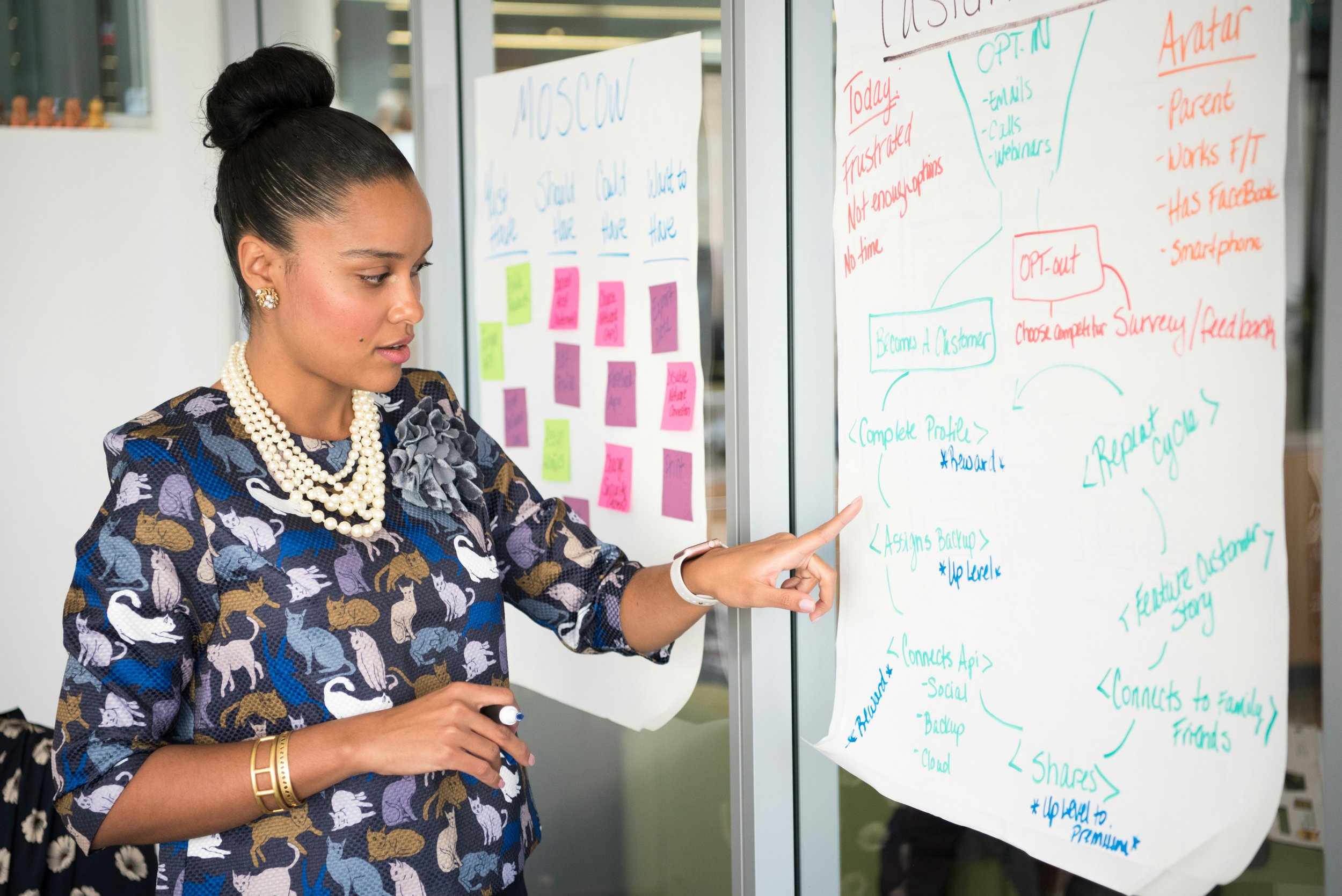


3 Credits
101 Level
2 Credits
102 Level
3 Credits
302 Level
3 Credits
302 Level
3 Credits
303 Level
3 Credits
304 Level
3 Credits
306 Level
3 Credits
307 Level
4 Credits
401 Level
4 Credits
402 Level
4 Credits
403 Level
3-10 Credits
450 Level
3-10 Credits
451 Level
3-10 Credits
452 Level